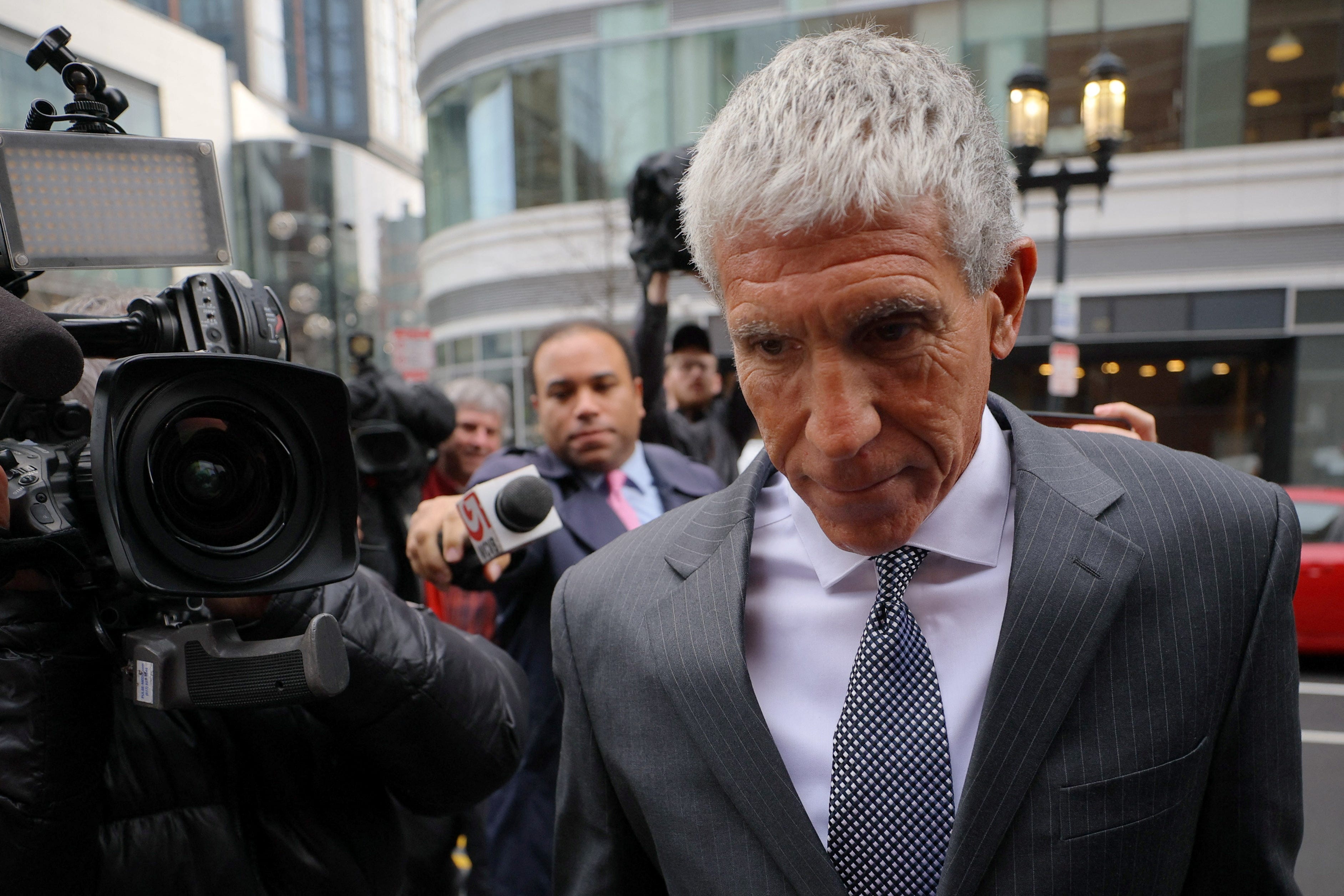Rick Singer's Return to College Consulting Amid Legal Ruling

Rick Singer's New Counseling Venture and the Legal Conditions
William "Rick" Singer, the central figure in the nationwide college admissions scandal known as "Operation Varsity Blues," is now allowed to run a new counseling business, provided he fully discloses his criminal past to clients. This decision was made public through court documents unsealed on July 15, marking a significant development in Singer’s legal journey.
Singer was sentenced in 2023 for his role in the scandal, which involved racketeering, money laundering, and fraud. The case, dubbed "Operation Varsity Blues," saw numerous affluent families use unethical means to secure spots for their children at top-tier universities. Singer admitted to bribing test proctors and administrators to facilitate cheating on college entrance exams. He also took in over $25 million from clients, with more than $7 million paid to co-conspirators and over $15 million used for personal gain.
Judge Denise J. Casper of the U.S. District Court in Massachusetts ruled that Singer can resume his work in college admissions, but only if he provides a detailed statement about his crimes to all clients. This includes displaying the statement prominently on the website of his company, ID Future Stars. The website claims that Singer’s team has guided thousands of students and special talent candidates. However, as of July 15, the statement was not visible on the homepage.
Singer’s Response and Legal Arguments
Singer’s attorney, Aaron Katz, stated that his client has no issue informing current and future clients about his past actions. In fact, Singer had been doing so even before the court’s ruling. The company’s website already features a mea culpa from Singer, where he acknowledges his mistakes and expresses a desire to help shape the next generation of leaders.
Despite this, court records indicate that Singer’s lawyers initially proposed a less detailed version of the statement. Judge Casper ultimately required a more comprehensive disclosure. Singer’s legal team argued that the government’s statement was a "shaming penalty" meant to embarrass him and deter others from associating with his company.
Details of the Scandal
Singer pleaded guilty in 2019 to various charges related to the scheme. He admitted to bribing SAT and ACT proctors, fabricating awards, extracurricular activities, and essays on college applications. Additionally, he bribed athletic coaches and administrators to falsely designate applicants as athletic recruits based on fabricated achievements.
The court ruling mandates that Singer must display a detailed explanation of his actions on his company’s website and provide a written copy to clients. He must also disclose how much he earned from the scheme—$15 million, according to the statement. In 2023, a federal judge in Boston sentenced Singer to 42 months in prison, ordered him to pay over $10 million in restitution, and required him to forfeit $8.7 million in assets.
Impact on Higher Education
The Varsity Blues scandal sent shockwaves through the world of higher education. It led to dozens of guilty pleas, including from celebrities like Felicity Huffman and Lori Loughlin. The Justice Department implicated several prestigious schools, such as Yale, Stanford, the University of Southern California, Wake Forest, and Georgetown.
Over 50 individuals, including wealthy CEOs and high-profile celebrities, were indicted in what became the largest college admissions case ever brought by the Justice Department. Some students in the scam pretended to have disabilities, while others had photoshopped faces onto different students' bodies. One Florida man received a four-month prison sentence for taking SAT or ACT exams in place of students.
Despite the scandal, the pressure on parents to get their children into top schools remains high. Applications to selective universities continue to rise, and the anxiety around college admissions persists. Jeff Selingo, an author on college admissions, noted that Singer found the perfect industry for a second chance, given the lack of regulations and the high level of parental anxiety.
Conclusion
Rick Singer’s ability to operate a new counseling business under strict conditions highlights the complex intersection of justice, redemption, and the ongoing challenges in the college admissions process. While his past actions are undeniable, the legal system has allowed him a path forward, albeit with clear requirements for transparency and accountability.
Post a Comment for "Rick Singer's Return to College Consulting Amid Legal Ruling"
Post a Comment